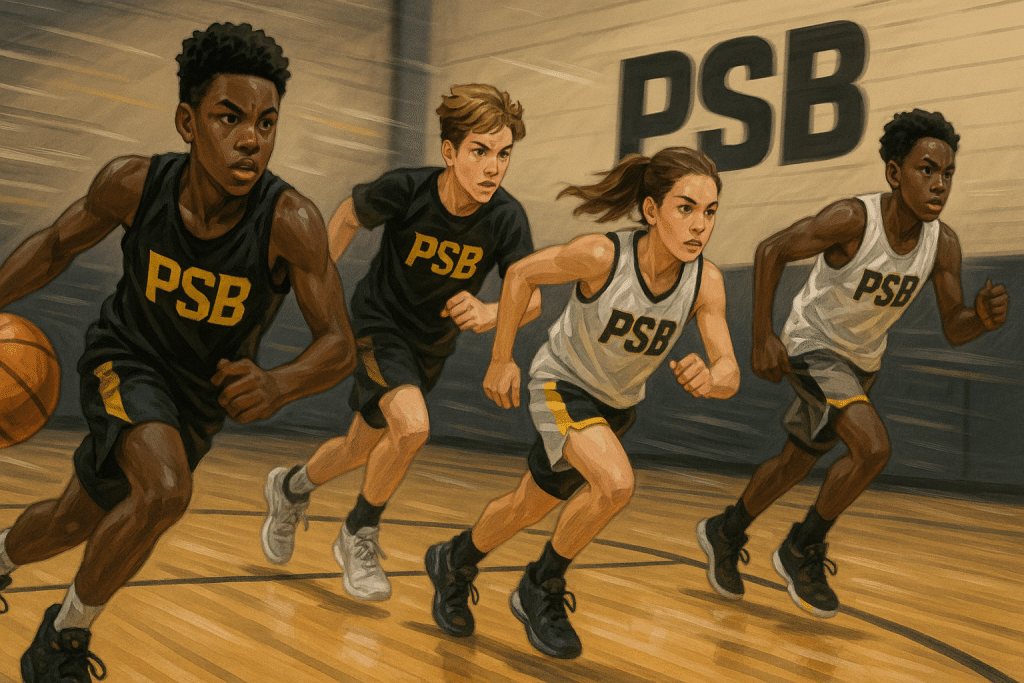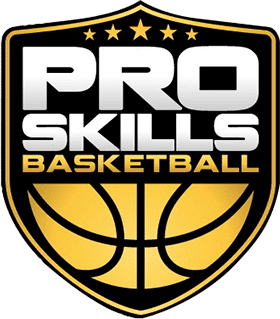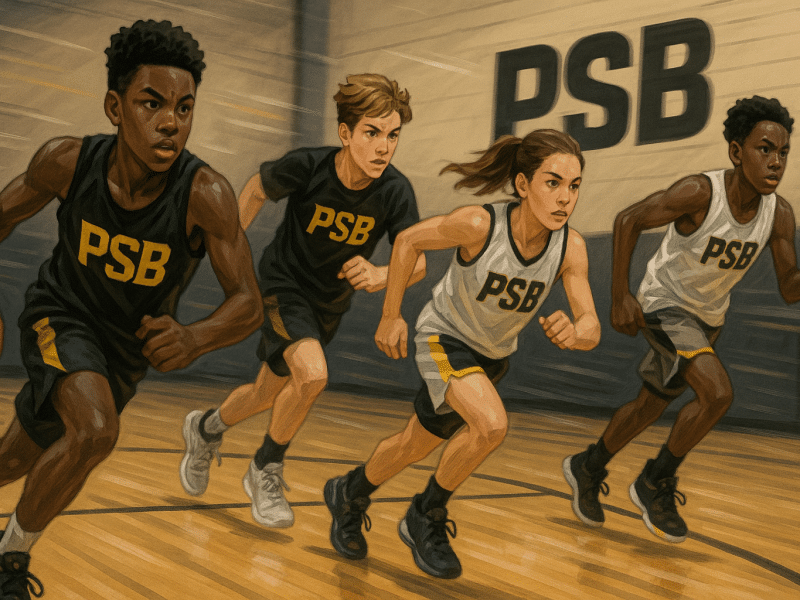
Embracing Failure: What Particle Physics Teaches Us About Youth Basketball Resilience
In early 2016, I stumbled upon Particle Fever, the captivating documentary that goes behind the scenes of the Large Hadron Collider (LHC), the largest man-made machine ever built. Beyond its groundbreaking look at subatomic exploration, Particle Fever delivers a universal lesson: true progress—and success—comes from “jumping from failure to failure with undiminished enthusiasm.” For anyone invested in player development and youth basketball, this motto offers a blueprint for cultivating grit, confidence, and long-term growth.

From Quarks to Courts: Why a Physics Analogy Works
The LHC took over two decades to conceive and construct, involving thousands of scientists and engineers. Its mission? To answer humanity’s biggest questions about the origins of the universe. Among these dedicated researchers was Stanford physicist Savas Dimopoulos, who spent nearly 40 years developing theories that the collider would test in an instant. The tension is palpable: after decades of work, his entire career could hinge on a single experimental result.
In basketball terms, imagine preparing for the NBA Draft with your identity and future riding on that one selection—after years of skill development, travel teams, and showcases. The stakes are high, and the margin for error seems minimal. Yet, rather than succumb to fear, Dimopoulos embodied a growth mindset: he welcomed the experiment’s outcome, knowing that each “failure” was simply another step toward understanding. That perspective mirrors what we must teach young athletes:
- Failure as Feedback: Every missed shot or lost game reveals an area for refinement.
- Enthusiasm Over Results: Keeping energy high sustains motivation through challenging drills and losing streaks.
- Continuous Experimentation: Like labs running thousands of particle collisions, players should embrace repetition and incremental adjustments.
The Psychology of Failure in Youth Sports
Research in sports psychology underscores that mental toughness is as critical as physical skill. A study at the University of Minnesota found that athletes who view mistakes as learning opportunities outperform those who see them as personal flaws (Galli & Vealey, 2008). Cultivating this growth mindset requires deliberate coaching strategies:
- Positive Self-Talk: Encourage players to replace “I missed” with “I’ll make the next one.”
- Goal Setting: Use SMART goals—Specific, Measurable, Actionable, Realistic, Time-bound—to track progress on skills rather than outcomes.
- Mindfulness Drills: Incorporate 1-minute breathing breaks to help athletes reset after errors.
Detailed Strategies for Coaches and Parents
1. Normalize Failure Through Storytelling
- Pro Athlete Case Studies:
- LeBron James averages about 34% from three-point range, meaning he misses two-thirds of his attempts. His willingness to launch deep shots epitomizes risk-taking in pursuit of excellence.
- Michael Jordan was famously cut from his varsity high school team as a sophomore but used that setback to fuel his legendary work ethic.
By weaving these narratives into team talks, coaches reinforce that even the greatest players faced—and overcame—significant setbacks.
2. Use Data to Drive Development
- Shot Charts and Video Analysis: Track shooting percentages in practice and games, then review clips of both makes and misses. Highlight mechanics—hand placement, footwork—to give concrete correction points.
- Progress Logs: Have athletes maintain a notebook with daily practice stats (free throws made, defensive slides, sprint times) to visualize growth over weeks.
3. Create a Feedback-Rich Environment
- Praise Effort over Results: Acknowledge hustle plays—rebounds, charges taken, communication—regardless of scoreboard impact.
- Peer-to-Peer Feedback: Pair players to give two compliments and one suggestion after drills. This builds accountability and communication skills.
4. Emphasize Process-Focused Practices
Shift the objective from “winning the scrimmage” to “executing 10 consecutive clean defensive possessions” or “making three 3-point shots in a row with proper form.” This reframing aligns with the LHC’s methodical approach: isolate one variable at a time to test and improve.
Real-World Success Stories
- 12U Free-Throw Turnaround: After six weeks of daily “failure logs”—where each miss was written along with one adjustment—our team’s free-throw percentage climbed from 58% to 79%.
- Defense-First Mindset: A teen player shy about on-ball defense recorded zero steals in his first season. By celebrating each successful defensive stance in practice, he transformed into the league’s leading defensive rebounder, averaging 6.2 boards per game.
Integrating Club Teams, Camps, Clinics, and Academies
Pro Skills Basketball offers a comprehensive player development pathway:
- Club Teams: Year-round competition with emphasis on resilience and tactical IQ.
- Camps: Intensive —boost drill variety and mental training sessions.
- Clinics: Small-group fundamentals clinics that prioritize feedback loops.
- Academies: Extended programs combining strength training, nutrition guidance, and sports psychology workshops.
By aligning each program with the principle of “jumping from failure to failure,” PSB ensures athletes at every level build both skill and the mental toughness crucial for long-term success.
Crafting Your Team’s Culture of Enthusiasm
- Team Mantra: Adopt a phrase like “Bounce Back Boldly” printed on practice gear.
- Failure Awards: Monthly recognition for “most improved resilience”—celebrating the player who best responded to setbacks.
- Video Pep Talks: Short clips from Particle Fever or pro athlete interviews to spark discussion on embracing challenges.
Conclusion: Redefining Success in Youth Basketball
In youth basketball and beyond, avoiding failure is a mirage—success emerges from our response to setbacks. By applying the scientific rigor of particle physics—experimenting, analyzing, and iterating—coaches, parents, and players foster a growth mindset that transcends the court. Remember: every missed shot, turnover, and lost game is a data point propelling you toward mastery.
Ready to take the next step in your child’s basketball journey?
Pro Skills Basketball offers Club Teams, Camps, Clinics, and Academies in 25+ cities across the U.S.
👉 Find your city and sign up today to join a program focused on real development, experienced coaches, and a culture that puts players first.
📩 Contact us at admin@proskillsbasketball.com
📞 Call us at 866-996-3888


 THE TRUTH ABOUT BASKETBALL ATHLETICISM
THE TRUTH ABOUT BASKETBALL ATHLETICISM